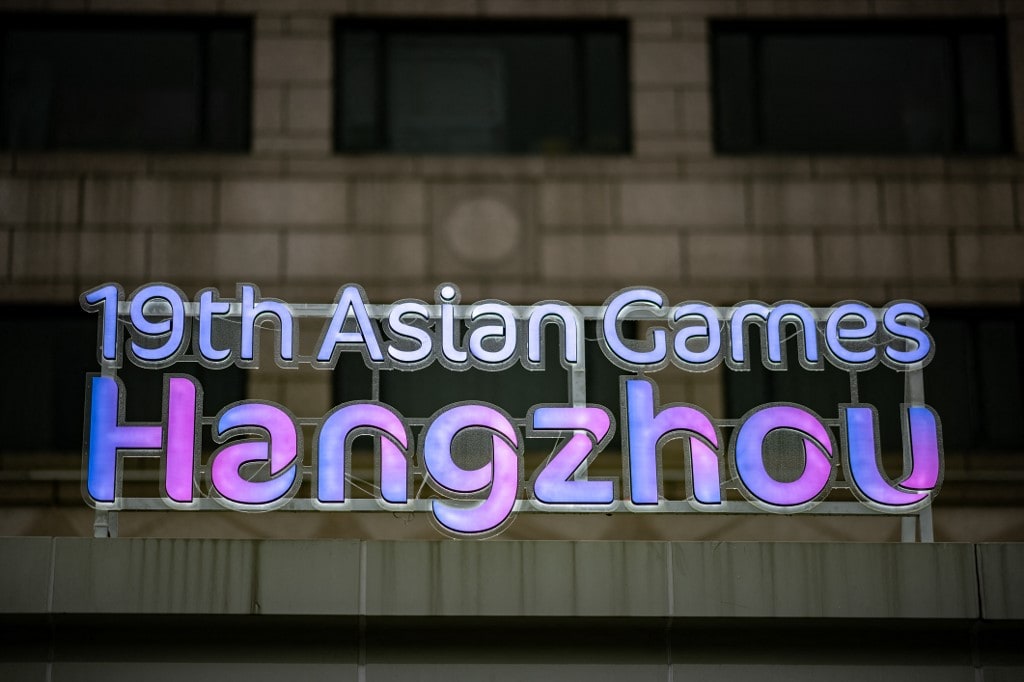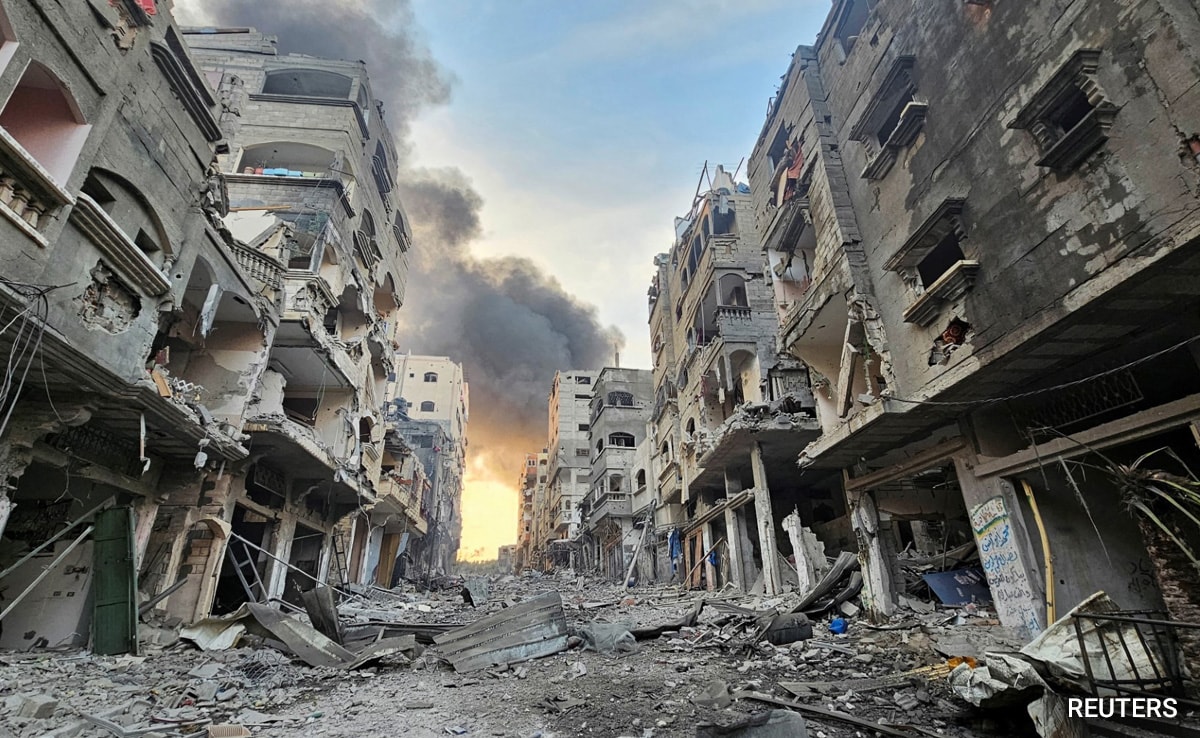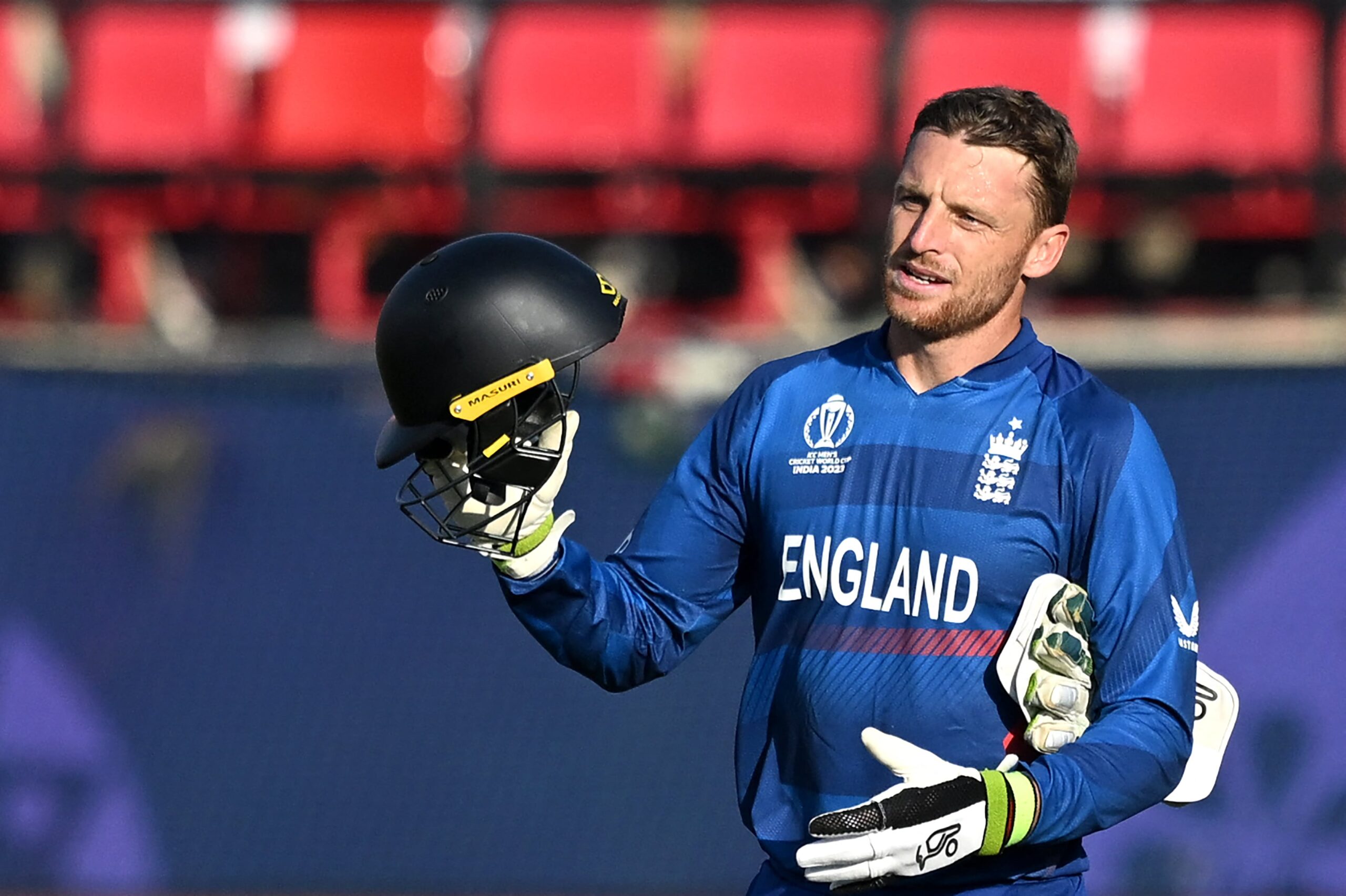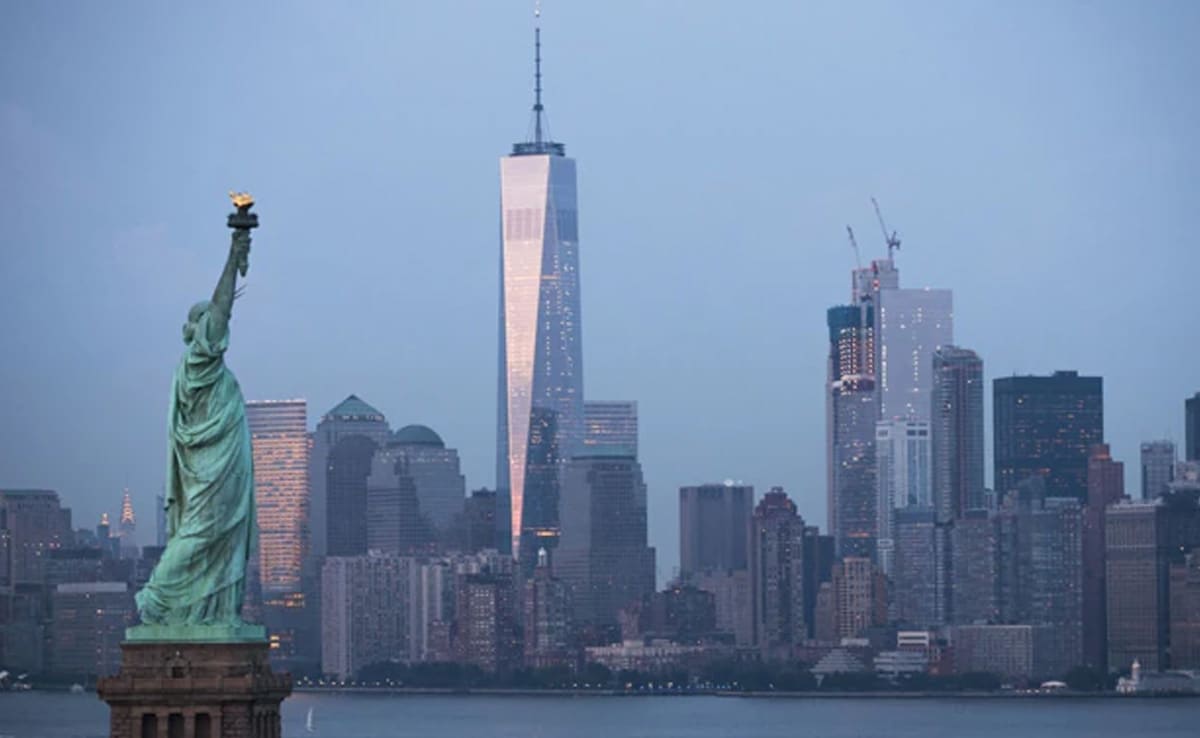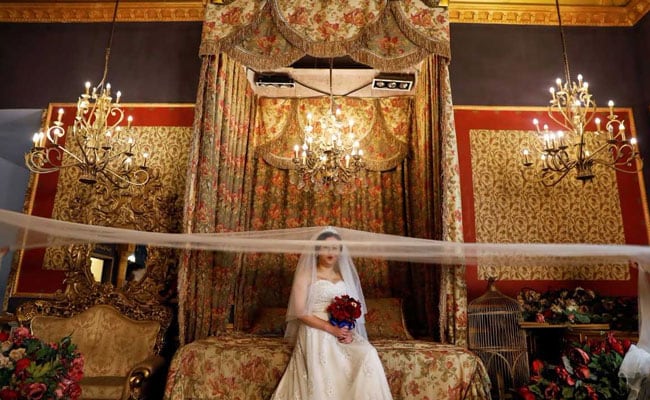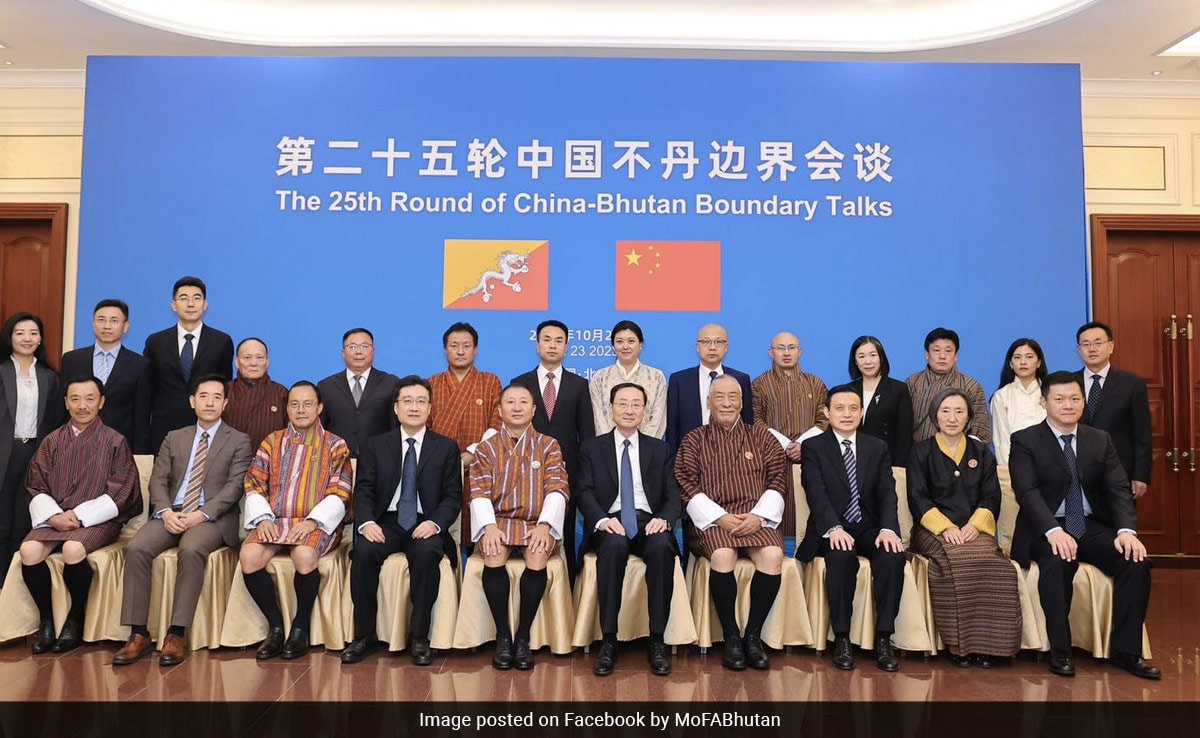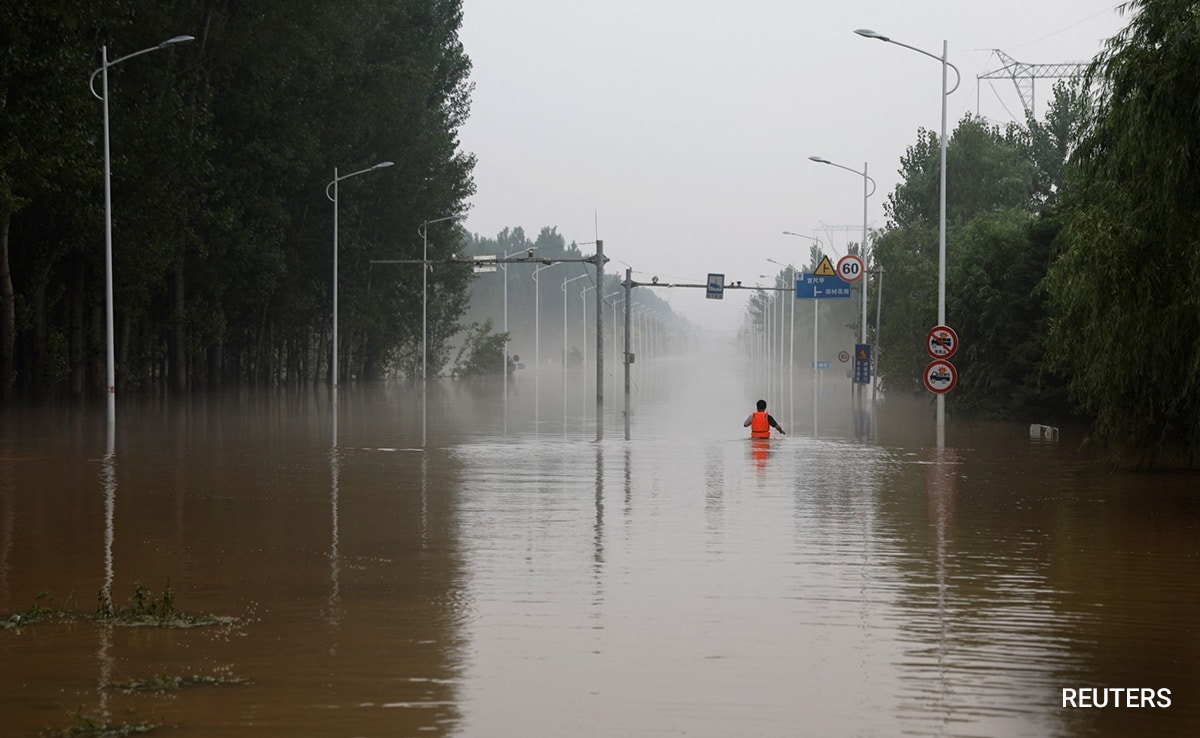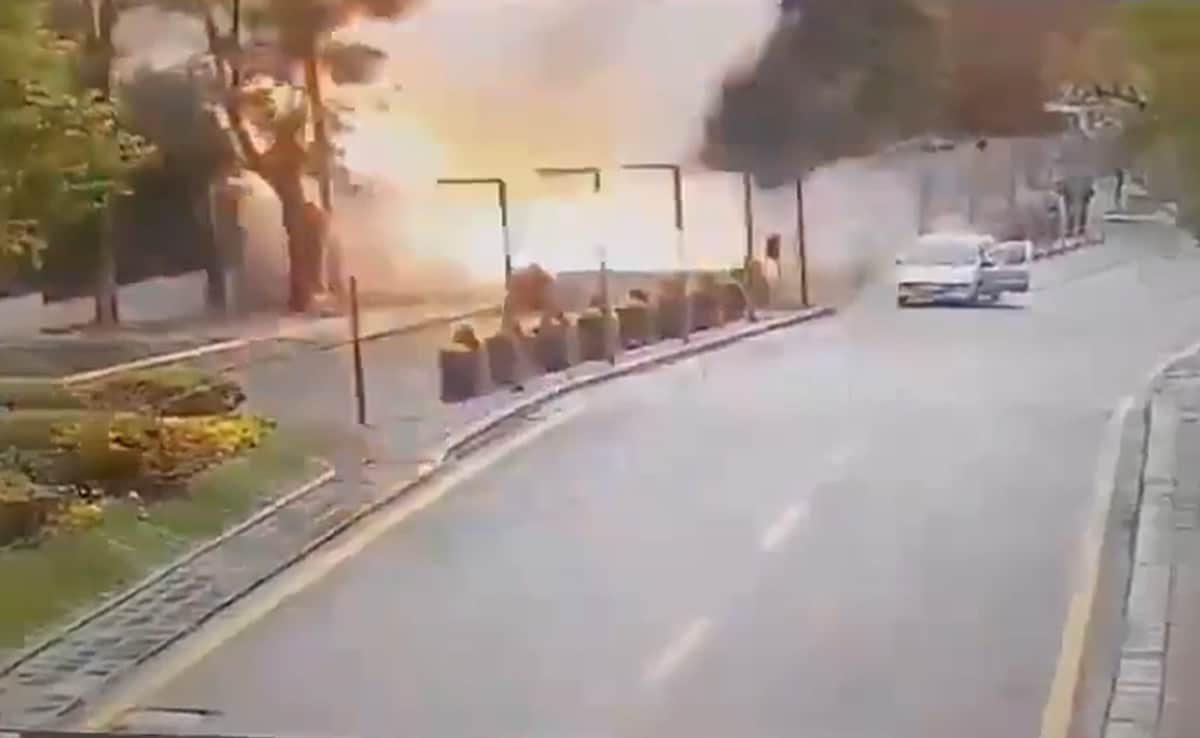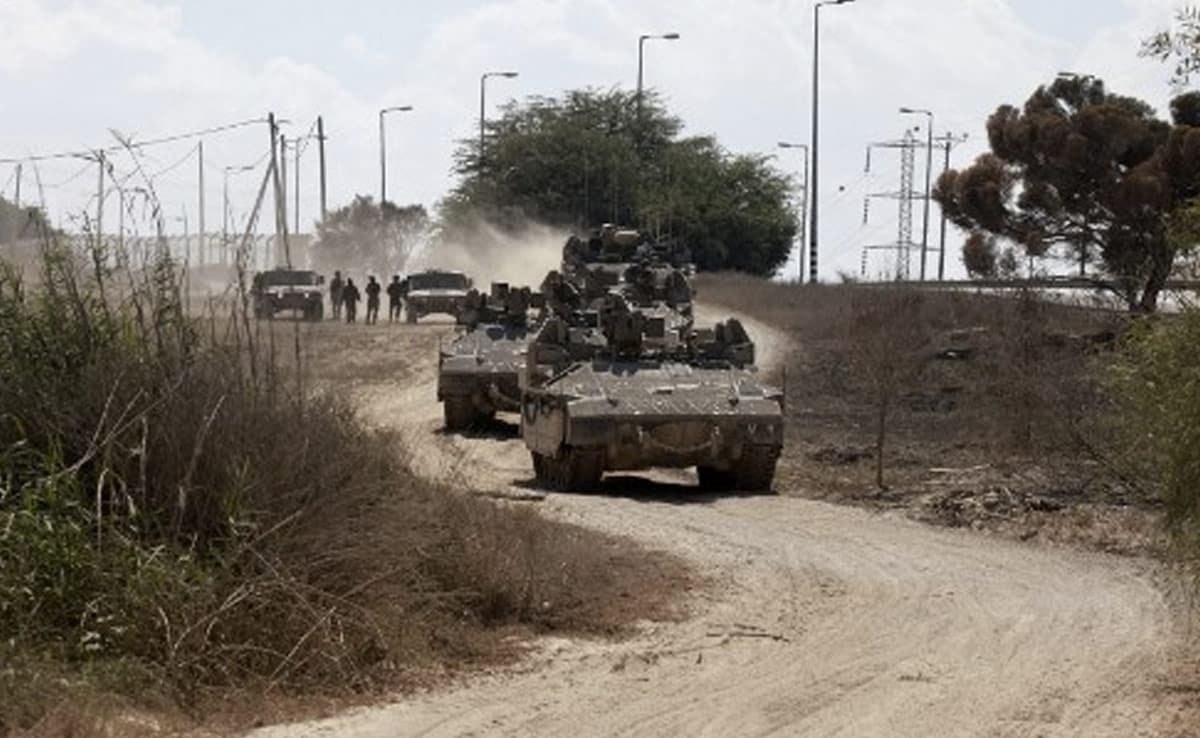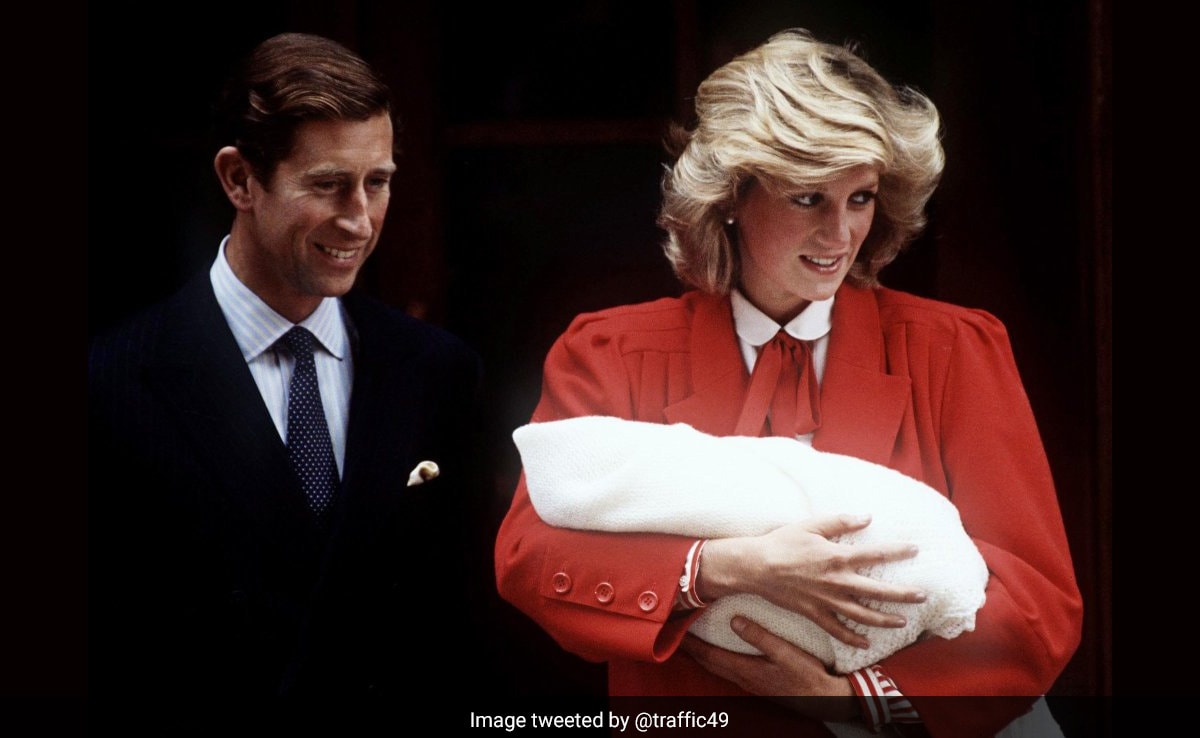German Chancellor Olaf Scholz and his wife Britta Ernst welcome French President Emmanuel Macron and his wife Brigitte Macron at the airport for a joint cabinet meeting of the German and French Government in Hamburg , Germany, on October 09, 2023.
| Photo Credit: AP
German Chancellor Olaf Scholz will host France’s President Emmanuel Macron on October 9 for talks in Hamburg, a visit overshadowed by the conflict between Palestinian militants and Israel.
The two-day meeting, which also gathers Ministers under the German-French government consultation format, had been due to focus on digital innovations including artificial intelligence.
But the long-planned event will also give Mr. Scholz and Mr. Macron a chance to huddle and coordinate a European response after Hamas launched a surprise attack on Israel at the weekend.
Both Germany and France have pledged their support for Israel, while warning against a regional escalation.
Also Read: France and Germany backed report pushes for EU enlargement, four tier membership
On arrival in Hamburg, Mr. Macron and Mr. Scholz will tour an Airbus factory before taking a harbour cruise.
“We will take a boat along the Elbe, eat some fish sandwiches and discuss the mid- and long-term,” said a French aide of the President.
No immediate announcement is expected following the talks, but subjects to be broached during the meeting are far from trivial.
They have gained urgency as the government consultations were first postponed in 2022 over the war in Ukraine while Mr. Macron’s visit, due in July, was delayed over riots in France.
Over the last months, increasing friction has appeared to emerge over the two countries’ vision on how to deal with an energy price shock sparked by the Ukraine war, nuclear power as well as European rearmament.
Jacob Ross, political analyst at the Alfred von Oppenheim Centre for the Future of Europe, said the topics in Hamburg could range from energy security to defence to immigration.
“More and more questions are on the table, waiting for answers,” said Ross.
For Maria Krpata of the French Institute of International Relations, “it’s about giving shape to the concepts of economic security”.
It was important for the European giants to “create an alliance on artificial intelligence” as the continent seeks to de-risk from China, she added.
The EU is seeking to reduce its reliance on China, after it was stung by dependencies on Russian energy amid Moscow’s war in Ukraine.

